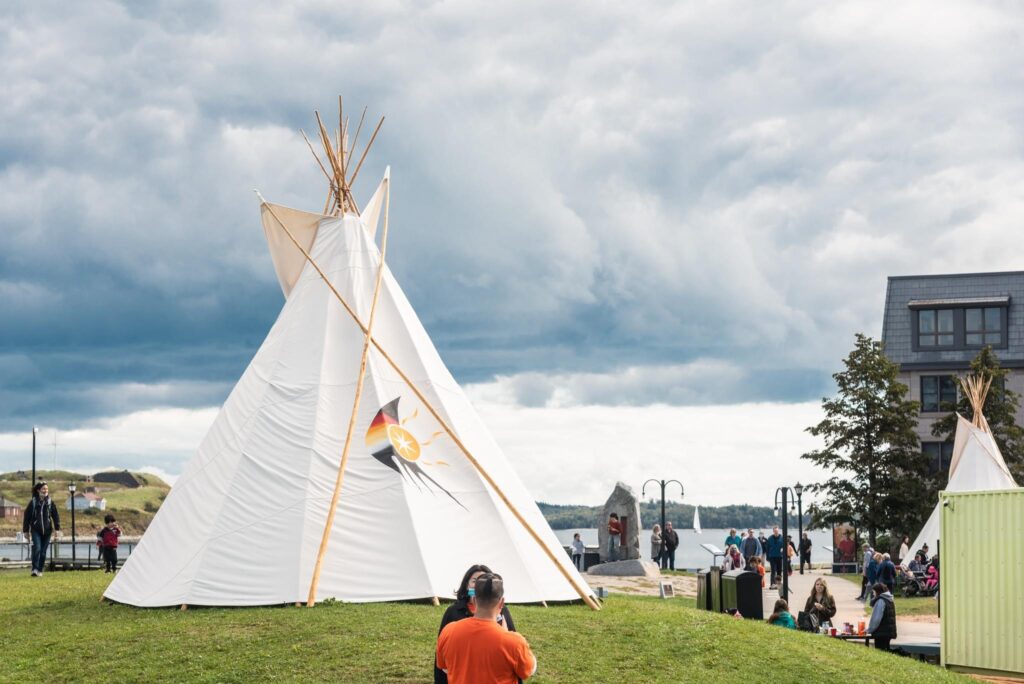
We Are All Treaty People
Davis Pier’s Halifax, PEI, and Toronto offices are located in Mi’kma’ki and on Treaty 13 territory.
Mi’kma’ki is the ancestral and unceded territory of the Mi’kmaq and our relationship is based on a series of Peace and Friendship Treaties between the Mi’kmaq and the Crown.
In the City of Toronto, we live and work on the traditional lands of many nations including the Mississaugas of the Credit, the Anishnabeg, the Chippewa, the Haudenosaunee, and the Wendat peoples that is now home to many diverse First Nations, Inuit, and Métis peoples. Toronto is covered by Treaty 13, signed with the Mississaugas of the Credit, and the Williams Treaties signed with multiple Mississaugas and Chippewa bands.
A Distinct People
We recognize that African Nova Scotians are distinct people whose histories, legacies, and contributions have enriched the part of Mi’kma’ki known as Nova Scotia for over 400 years.
Recognition Matters
Land acknowledgements and recognition statements like these are a small but meaningful way to recognize the unique and enduring relationship that exists between Indigenous Peoples and their traditional territories. And to acknowledge the historical and ongoing harm caused by racism and white supremacy,
Because our work is rooted in community and social impact, we feel it is important to be active partners on the path towards reconciliation and the real work of social justice and equity.
Accountability Matters
Our mission and vision cannot be achieved without an active commitment to anti-racism, decolonization, inclusion, equity, and accessibility.
Davis Pier acknowledges the historical and ongoing harm caused by racism and white supremacy—both systemic and overt—against Black people, Indigenous people, and People of Colour (BIPOC).
We also acknowledge that, while we have recently invested considerable time and resources to improve our company’s practices, we have not always understood the magnitude of this issue. Nor have we always been committed to learning about racism and our role in addressing it. Given the role we play with governments, we realize that we are in a privileged role to advise decision makers on policy direction and the design of programs and services. Without a strong understanding of racism and white supremacy, our work runs the risk of creating further systemic barriers for BIPOC communities.
There is little doubt that some of our previous work has contributed to systemic barriers because of a limited understanding of racism and how to be actively anti-racist. This lack of awareness and understanding is not to be excused, we recognize its negative impact and harm, and we will continue to do better.
To read more about Davis Pier’s commitment, actions, and expectations for greater diversity, equity, and inclusion, click here.